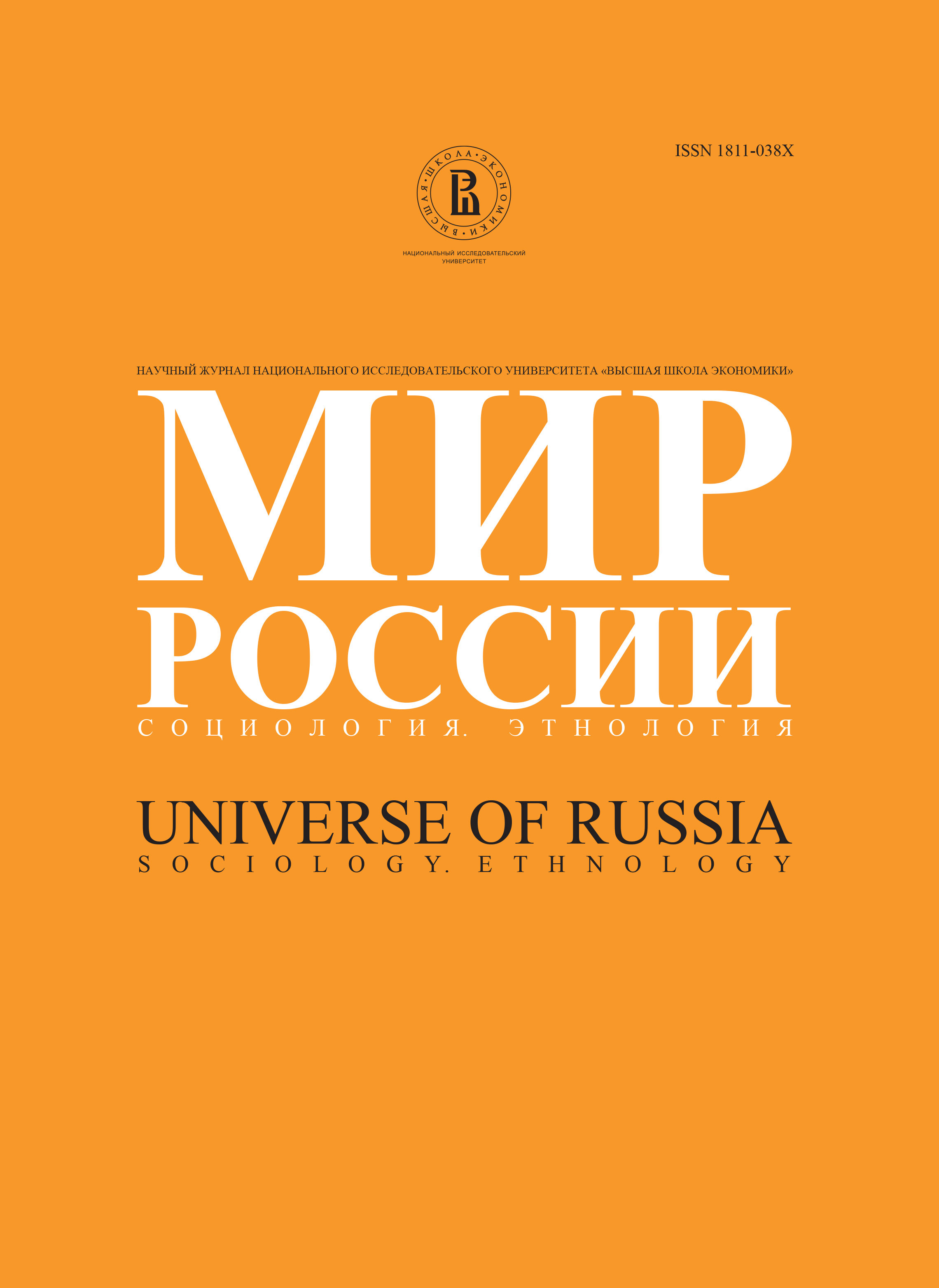Comparative analysis of economical reforms in Russia and Baltic countries
Abstract
The reforms in Russia and Baltic countries have begun practically simultaneously from January 1992. On the eve of social transformations Russia and her adjacent countries were in equal starting conditions, before them there were equal purposes. Sharp differences have begun later and in the first place in the rates and methods of privatization.Privatization processes in the Baltic states passed slowly with observance of an individual approach to the forms and terms taking into account the getting of real economic benefit, without freely circulating vouchers, in competition on the open auctions, with observance of rules of a fair competition, that, naturally, demanded essential time expenses. It required 7–10 years that is explained also by their transparency and really carried out public control in the form of effective system of the back ties. The public population of the Baltic countries had an opportunity constantly to trace all stages and details of passage of this complex and enough long procedure. The social control over activity of authority is to be the major element of the democratic state. The public supervision of carrying out of privatization has reduced budgetary losses to a minimum and has provided a high economic efficiency of a privatization process in Baltic States. It has provided an inclusion of social energy of an active part of the population in the economic development of these countries.
In Russia this resource has not been used as the population has been completely removed from this process which was characterized by the extreme haste. If in the small Estonia the privatization continued almost 7 years in Russia it has been carried out for less than three years. The social-economic, political and moral situation of the present Russia is conclusively witnessed that the economic reforms of 1990th were absolutely non-effective. Nobody from serious economists both in Russia and abroad and has not justified neither her purposes nor methods of their carrying out. The majority of both domestic and foreign economists define the period of 1990th as a process of plunder, poverty, de-modernization and destabilization of Russia.
If the Baltic countries for last decade have achieved significant successes in a transition period from a plan-distributive to the open, liberal economy; have founded a basis of the modern economy, have joined to the all-European market, then the reforms in Russia have not only approached, but also have removed it from the average world standard even further – have removed from 20–30 places to 1960–1980th places on a level and quality of a life.






